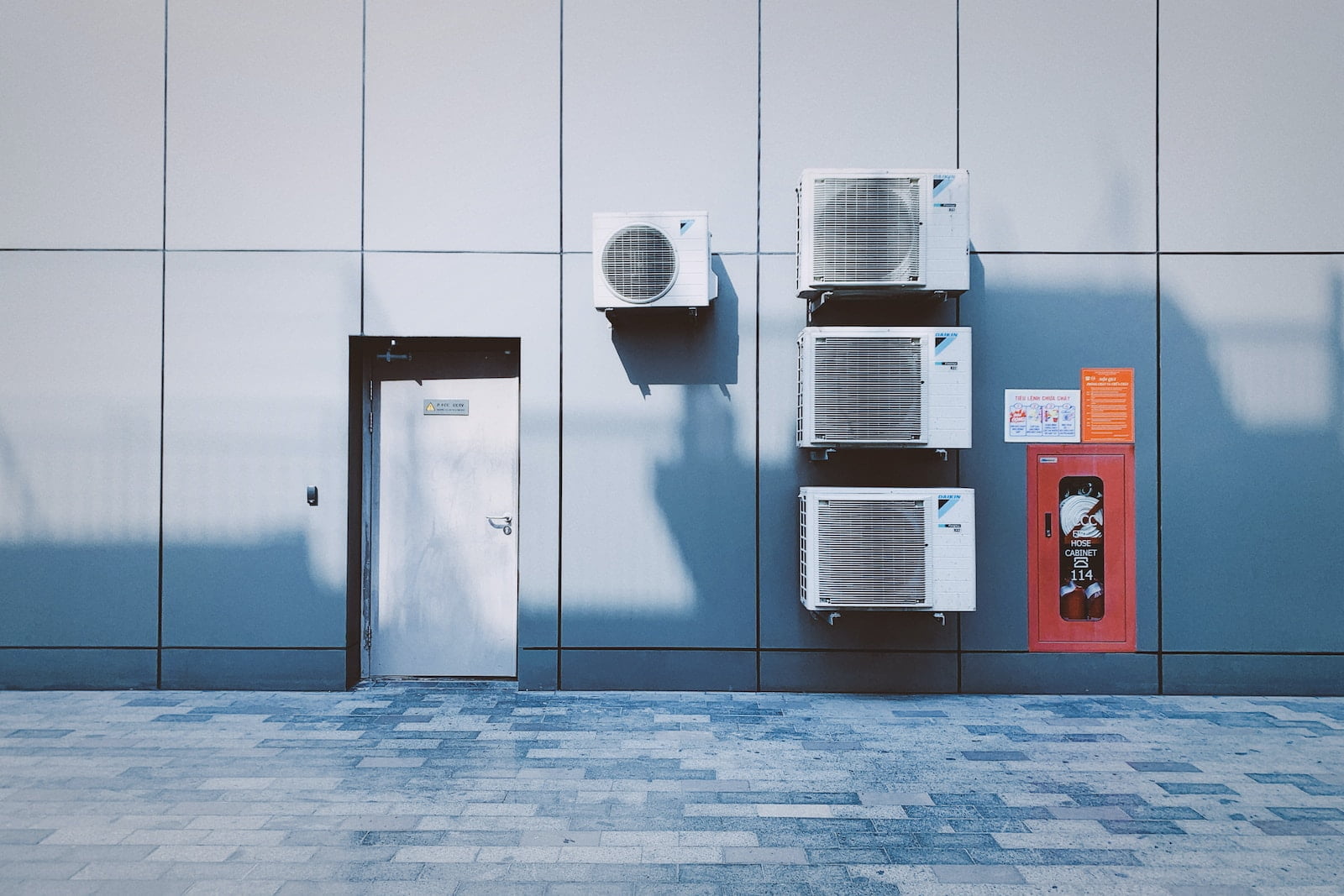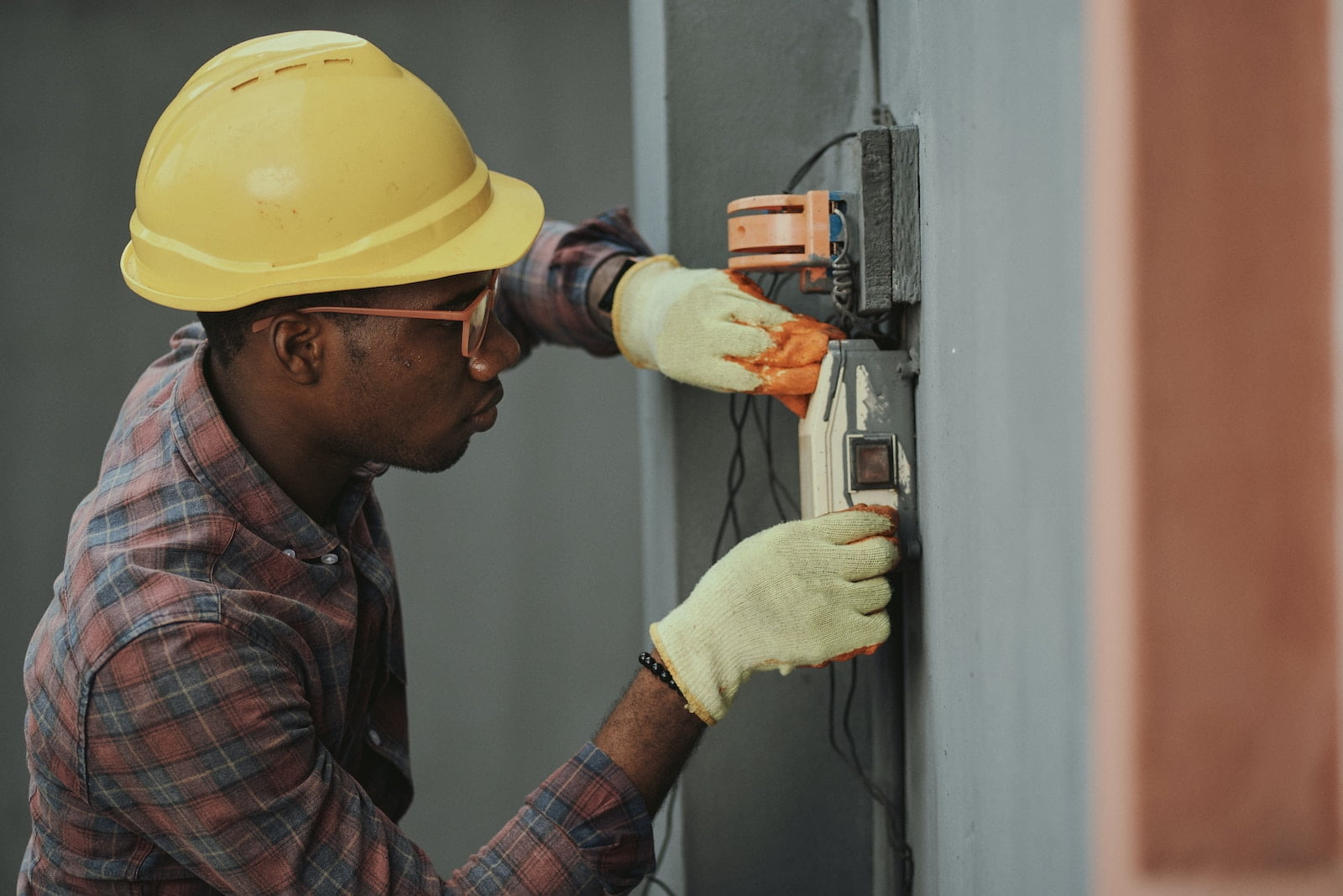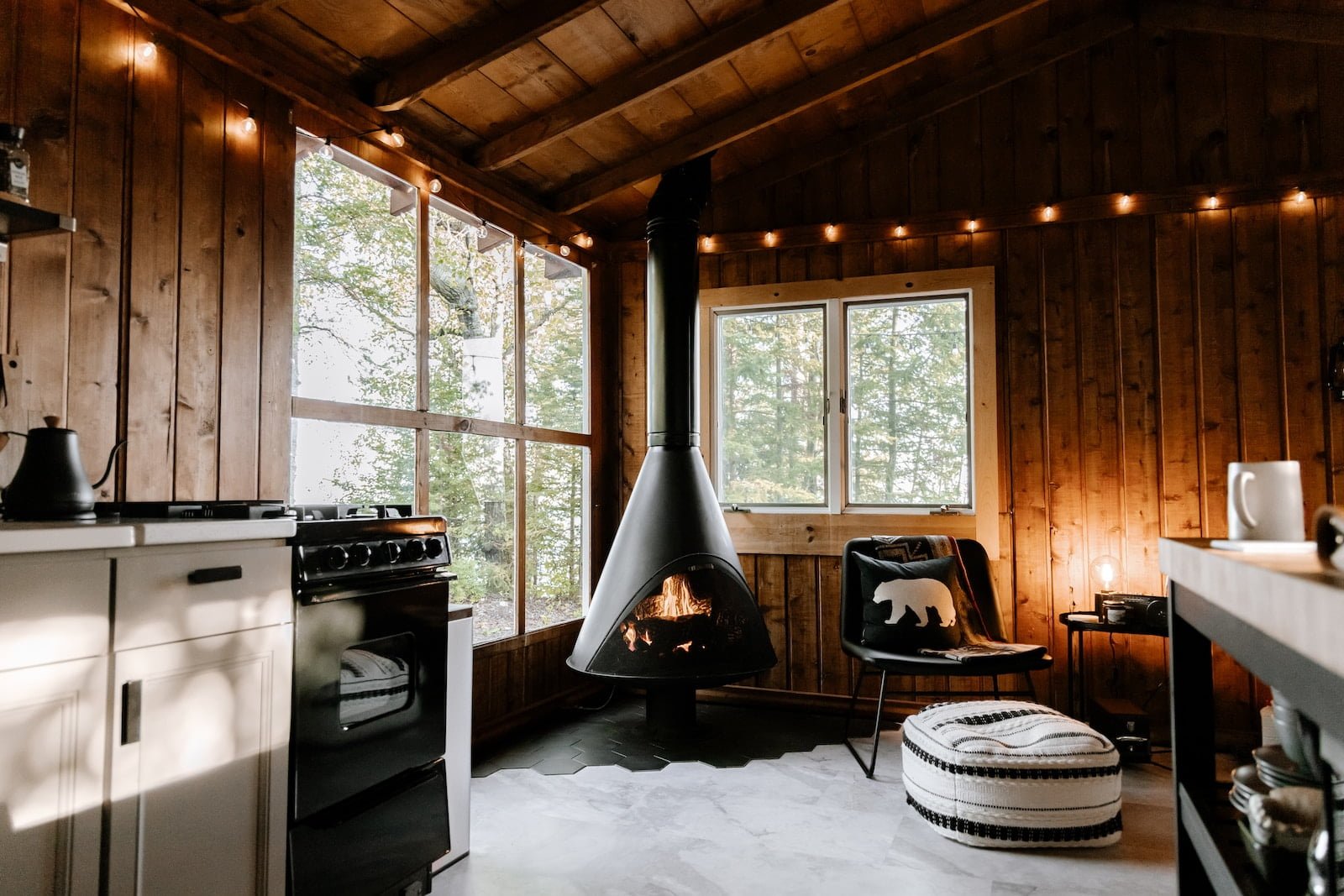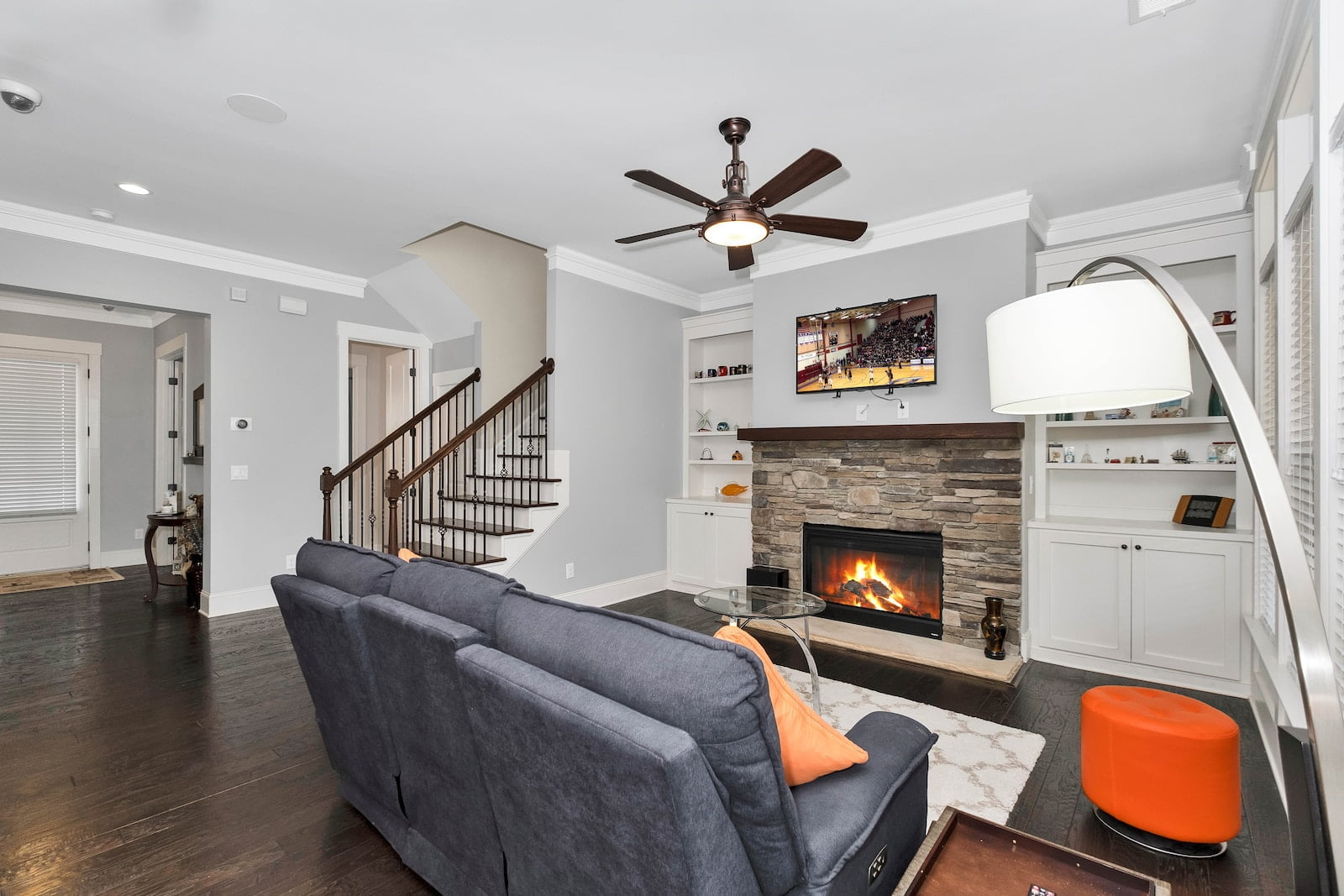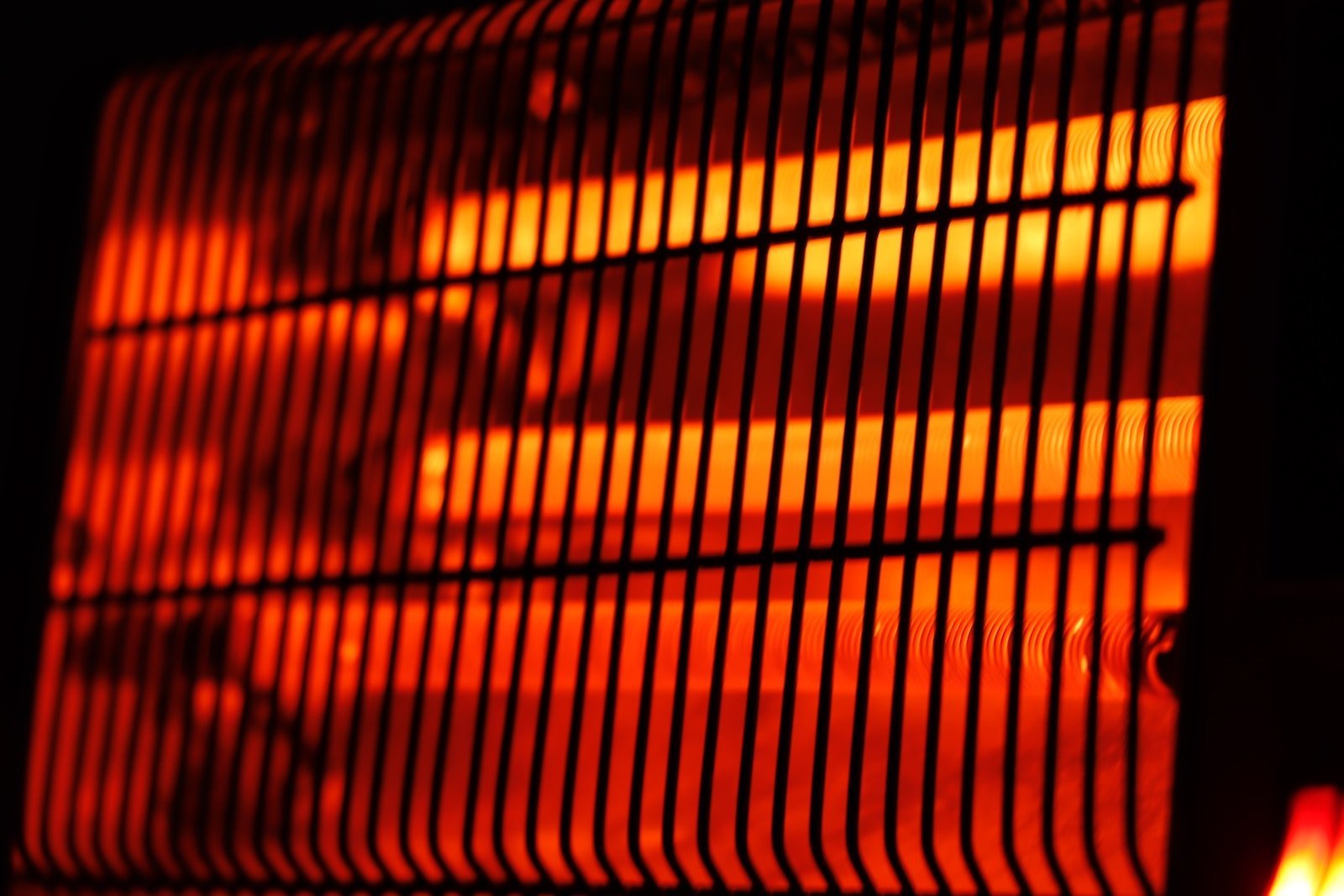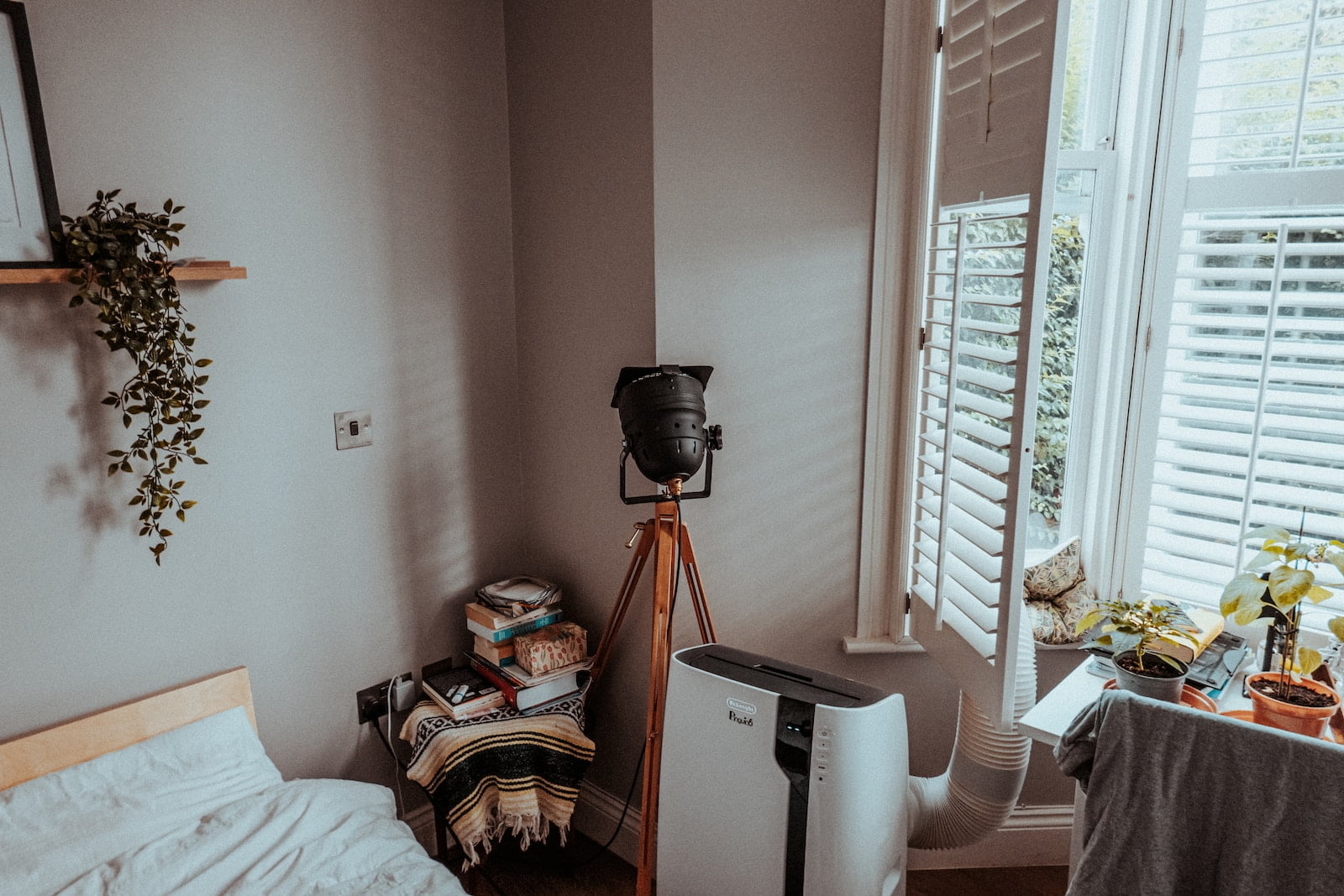Which Filter is Best for Your HVAC System: HEPA or MERV?
Indoor air quality is a critical concern for many people, especially those who suffer from allergies or respiratory issues. Fortunately, there are various types of air filters available in the market that can help improve the quality of the air we breathe. Two of the most popular filters are HEPA and MERV filters. Both of these filters are designed to trap airborne particles and pollutants, but they differ in their effectiveness and applications. In this article, we will provide a comprehensive introduction to HEPA and MERV filters, including their features, benefits, and limitations. So, let’s dive in and learn more about these essential air filters.
Disadvantages of HEPA filters for HVAC systems
While HEPA filters offer a high level of air filtration, they also come with some disadvantages. One major drawback is their high cost. HEPA filters are more expensive than other types of filters, and they also require more frequent replacement. This can add up to significant costs over time, especially for large HVAC systems. Additionally, HEPA filters can put a strain on HVAC systems, as they require more powerful fans to push air through the dense filter material. This can lead to increased energy use and higher utility bills.
Another potential disadvantage of HEPA filters is their impact on airflow. Because they are so effective at trapping particles, HEPA filters can reduce the amount of air flowing through the HVAC system. This can lead to reduced comfort levels and even damage to the system if it is not designed to handle the added resistance. Finally, HEPA filters can be difficult to install and maintain, as they require specialized equipment and training. This can make them less practical for some HVAC systems, especially those in older buildings or with limited space.
Overall, HEPA filters offer a high level of air filtration, but they also come with some drawbacks. It is important for HVAC professionals to carefully consider the advantages and disadvantages of HEPA filters when choosing a filtration system for a particular building or application.
Disadvantages of MERV Filters for HVAC Systems
While MERV filters have their advantages, they also have some drawbacks that should be considered. One disadvantage is that they can be more expensive than lower-rated filters. This is because they are made with higher quality materials and have a higher efficiency rating. Additionally, MERV filters may not be appropriate for all HVAC systems. Systems that are not designed to handle the increased air resistance of high-efficiency filters may experience reduced airflow, which can lead to decreased system performance and increased energy costs.
Another potential disadvantage of MERV filters is that they may require more frequent replacement than lower-rated filters. This is because they capture more particles and debris, which can clog the filter more quickly. Additionally, MERV filters may not be effective at removing certain types of pollutants, such as volatile organic compounds (VOCs) or gases. In these cases, specialized filters or air purifiers may be necessary.
Overall, while MERV filters can provide significant benefits in terms of indoor air quality and system performance, they may not be the best choice for every HVAC system or situation. It is important to consider the specific needs of your home or building, as well as the capabilities of your HVAC system, when selecting a filter.
Filtration Efficiency
When it comes to filtration efficiency, HEPA filters are the clear winner. These filters are capable of capturing particles as small as 0.3 microns with an efficiency rating of 99.97%. MERV filters, on the other hand, have a lower efficiency rating and can only capture particles as small as 1 micron. However, MERV filters can still be effective in capturing larger particles such as pollen, dust, and pet dander. It’s important to note that the efficiency of both filters can vary depending on the specific brand and model.
Cost
In terms of cost, MERV filters are generally less expensive than HEPA filters. This is because MERV filters are made from less expensive materials and have a lower filtration efficiency. HEPA filters, on the other hand, are made from more expensive materials and have a higher filtration efficiency, which makes them more expensive. However, it’s important to consider the long-term cost of using these filters. While MERV filters may be less expensive upfront, they may need to be replaced more frequently than HEPA filters, which can ultimately make them more expensive in the long run.
Maintenance
Both HEPA and MERV filters require regular maintenance to ensure optimal performance. HEPA filters typically need to be replaced every 6-12 months, depending on usage, while MERV filters may need to be replaced more frequently. In addition to regular replacement, it’s also important to regularly clean and inspect both types of filters to ensure they are functioning properly. HEPA filters can be more difficult to clean than MERV filters, which may require more frequent replacement. Overall, the maintenance requirements for both filters are relatively similar, but it’s important to follow the manufacturer’s recommendations for optimal performance.
Factors to Consider When Choosing Between HEPA and MERV Filters for Your HVAC System
Another factor to consider when choosing between HEPA and MERV filters for your HVAC system is the cost. HEPA filters tend to be more expensive than MERV filters. However, they also tend to last longer and provide better air filtration. MERV filters, on the other hand, are more affordable and can be replaced more frequently. It is important to weigh the cost versus the benefits of each type of filter to determine which option is best for your home or business.
Another consideration is the level of air filtration needed. HEPA filters are capable of removing the smallest particles from the air, including bacteria and viruses. If you have a family member with allergies or respiratory issues, a HEPA filter may be the best option. MERV filters, while still effective at removing larger particles like dust and pollen, may not be as effective at removing smaller particles.
Finally, it is important to consider the compatibility of the filter with your HVAC system. Not all systems are designed to work with HEPA filters, which may require modifications to the system. MERV filters, on the other hand, are compatible with most HVAC systems and can be easily replaced without any modifications.
Overall, choosing between HEPA and MERV filters for your HVAC system requires careful consideration of cost, air filtration needs, and compatibility with your system. By weighing these factors, you can make an informed decision that will help improve the air quality in your home or business.
